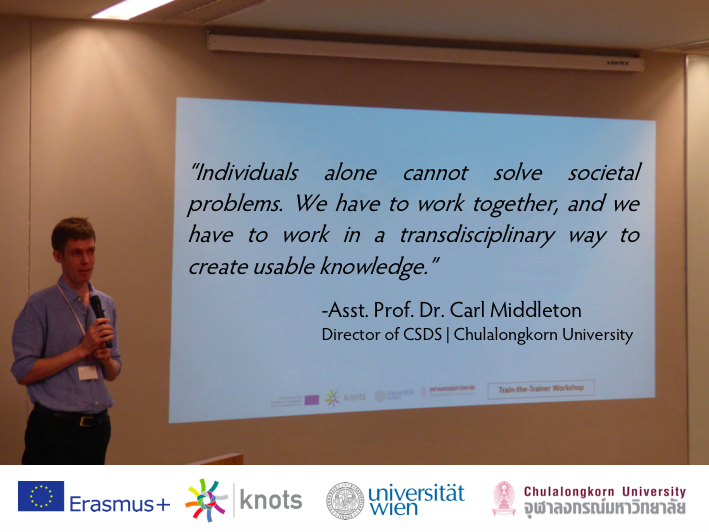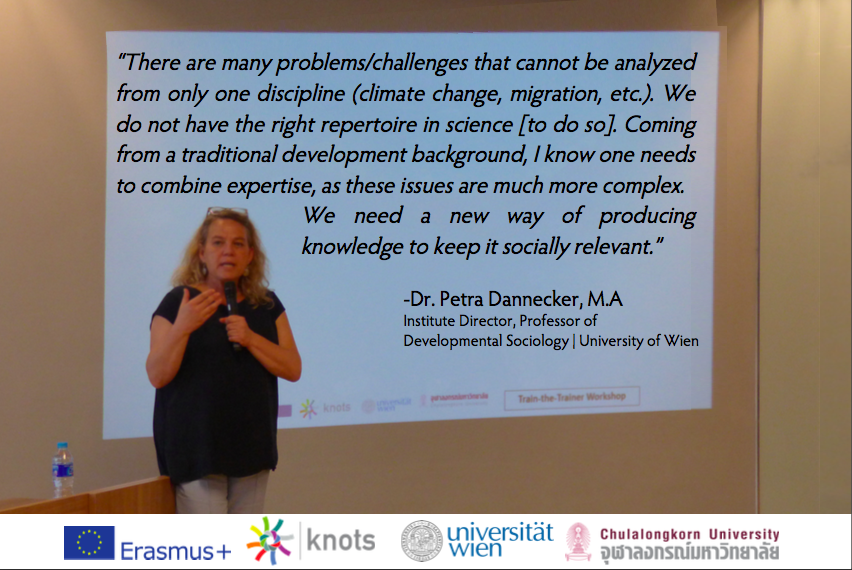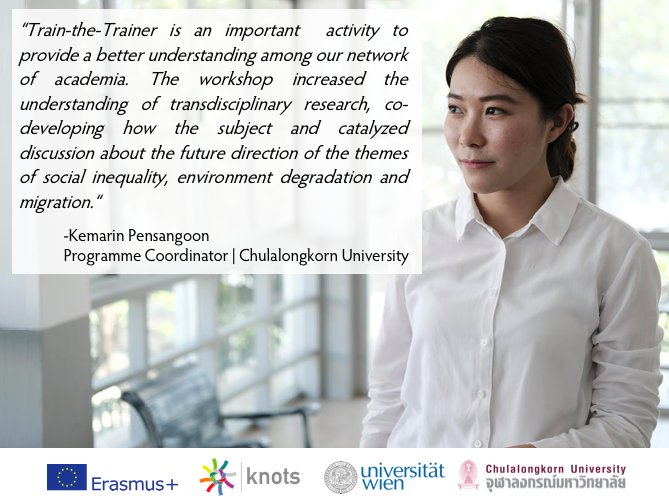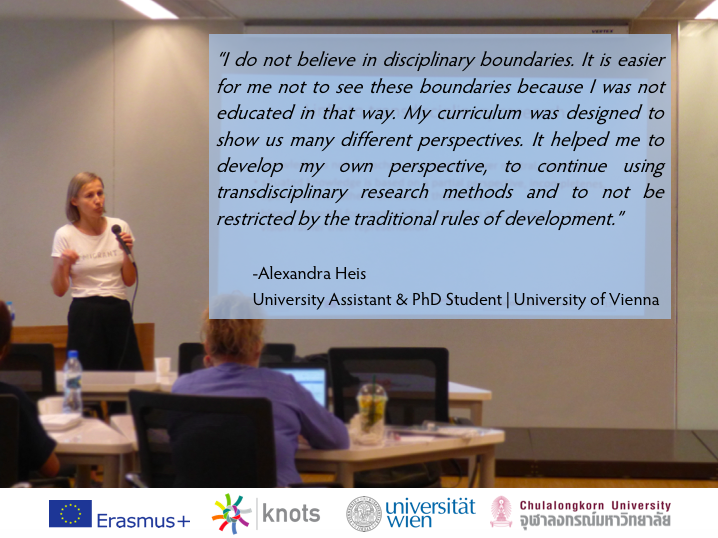PRESENTATION: Making Research Matter: From Theory to Praxis
/How can research make an impact on real-world problems in Southeast Asia? This was the theme of an invited keynote presentation by Dr. Carl Middleton at the Urban Climate Resilience in Southeast Asia Partnership (UCRSEA) Annual Workshop on 7th May 2018 in Yangon, Myanmar.
In a presentation titled “Making Research Matter: From Theory to Praxis,” Dr Middleton argued that there is much to be learned from transdisciplinary research methods. Specifically, he suggested that:
- Academic knowledge alone is not enough to achieve sustainable development. Multiple actors and multiple forms of knowledge (local, practical, political…) must be involved.
- The earlier in the research process we work together, the better; process is everything to build trust, legitimacy, networks, and a shared understanding of the problem, the research itself, and ultimately the solutions
- Engaging in real world problems for a researcher means maintaining academic research principles (furthering knowledge and theory) whilst simultaneously working with others. All partners should maintain a critical engagement with each other.
The full presentation can be downloaded here.
The overall focus of the workshop was to strengthen research capacity in Southeast Asia to address urban resilience to climate change and people-centered vulnerability. Visit UCRSEA’s website for further details on their research program.
Contact at CSDS: Dr. Carl Middleton










